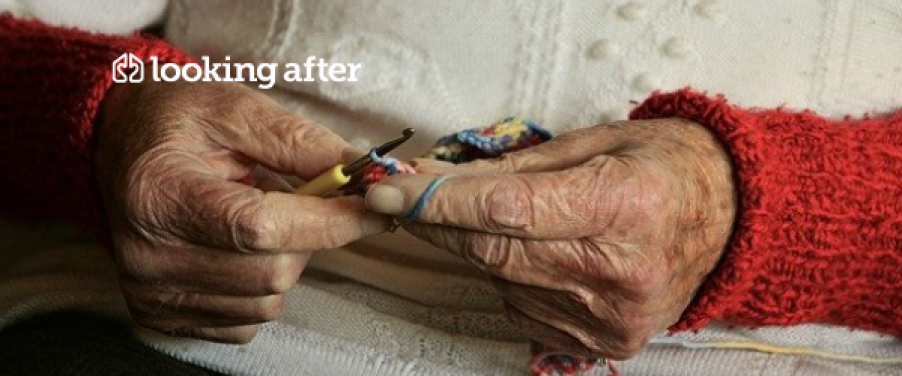Convincing someone to accept help
It can be a tricky conversation to get a dementia patient to accept that they need help. Given the amount of time it can take for a dementia patient to decline, they may not recognise at first that they need any help. This may be a tricky conversation to have, particularly if the dementia patient has just received their diagnosis. Try and think how they feel. They have been given a difficult health diagnosis to digest and then someone is trying to push them into accepting care, when they may still be in denial, or at least trying to come to terms with the news.
All dementia patients decline differently, but the early to middle stages of dementia can last up to 8 years. So whilst you may have noticed changes in their cognitive behaviour, such as their ability to remember words in sentences, or concentrate on what you are talking about, if it is diagnosed early enough, there may be some lifestyle changes that can help to reduce their rate of decline. Every patient is different.
How do I talk to them about accepting help?
It is worth reminding the patient that it is not a sign of weakness to accept help, nor does it mean that they have given up. If anything, it is just to make life easier for them and give them some help with activities around the house, such as cleaning, or shopping. Try talking to them with open ended questions, asking them what they think about having some extra support to do these household chores and not having to worry about them.
Try and see it from their perspective and explain to them that you are just doing this because you want to see them supported and not having to worry about activities. Acknowledge that they have had a lot to absorb and take on board and that you are trying to do what you can to support them.
You may have to repeat your intentions
Be patient with them. You may have to repeat your feelings or identify why you think they might benefit from support. Depending on what stage the dementia patient is at, they may struggle to keep up with the conversation. Resist temptation to make pointed accusations about statements that they must have care. The key is to keep the conversation and feelings as calm as possible. Focus on the benefits of having someone to support them. Given the advancement of technology, patients will be able to live more independently using some of these products. So remind them of these benefits and how bringing in additional care will help them to live independently at home, rather being too reliant on family members or their partner.
No rush
Given the fact that dementia progresses quite slowly (depending on patient and diagnosis) therefore you don’t have to rush getting them access to care. The exception to this is if their behaviour is a danger to them, in which case you have to make the decisions to keep them safe. Try and hold discussions about supportive care and ask them questions, try and put the idea into their head that they will be better off with support.
Personal care
This can cause some contentious responses if you identify that the dementia patient requires help with bathing or toileting. This is a personal activity and they can feel awkward or embarrassed. It might be that they don’t understand why you think they need support here, or they feel that they are being bossed around. Therefore tact needs to be taken to get them access to the care that they require.
Think why they might be refusing the help
Think about how they have reacted and how you may feel in their position. Do they understand why they might need support? Or, do they feel like they are having decisions made for them and they don’t have a say? Try and address these in a calm manner. Dementia can be frustrating to deal with at times but you must remember what you are dealing with and try to always see it from the dementia patient’s perspective.







